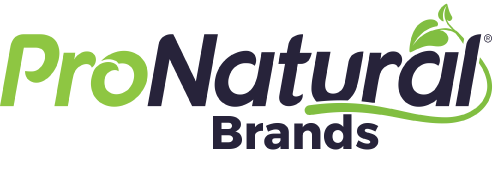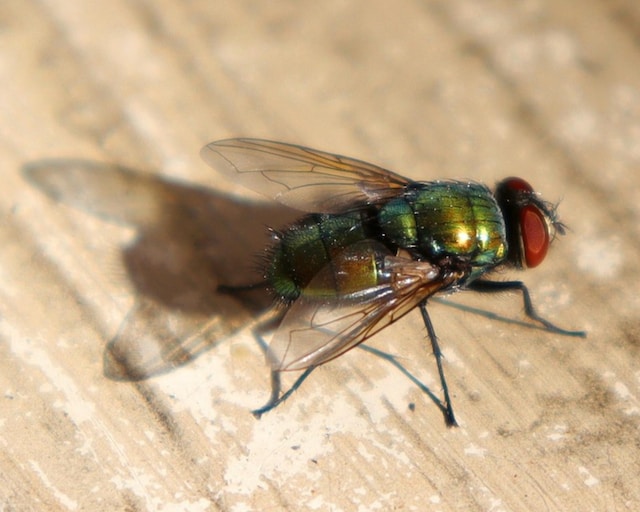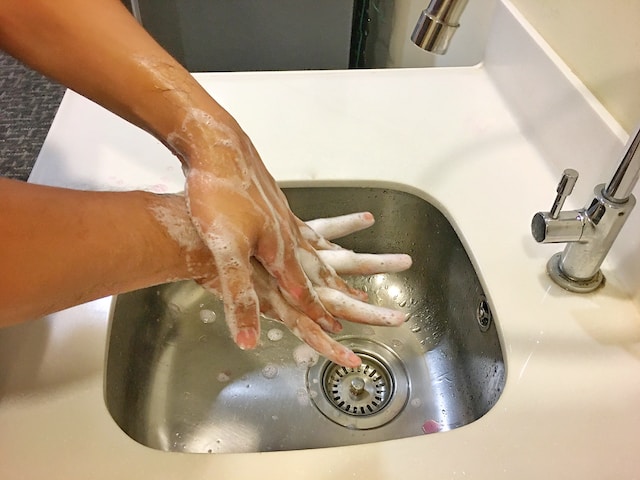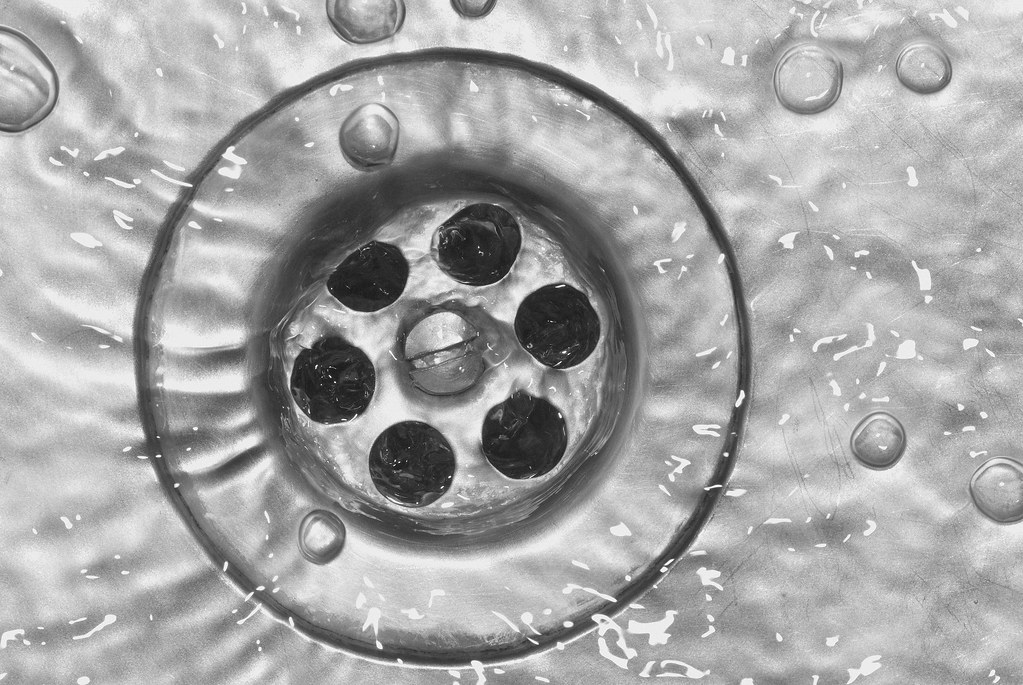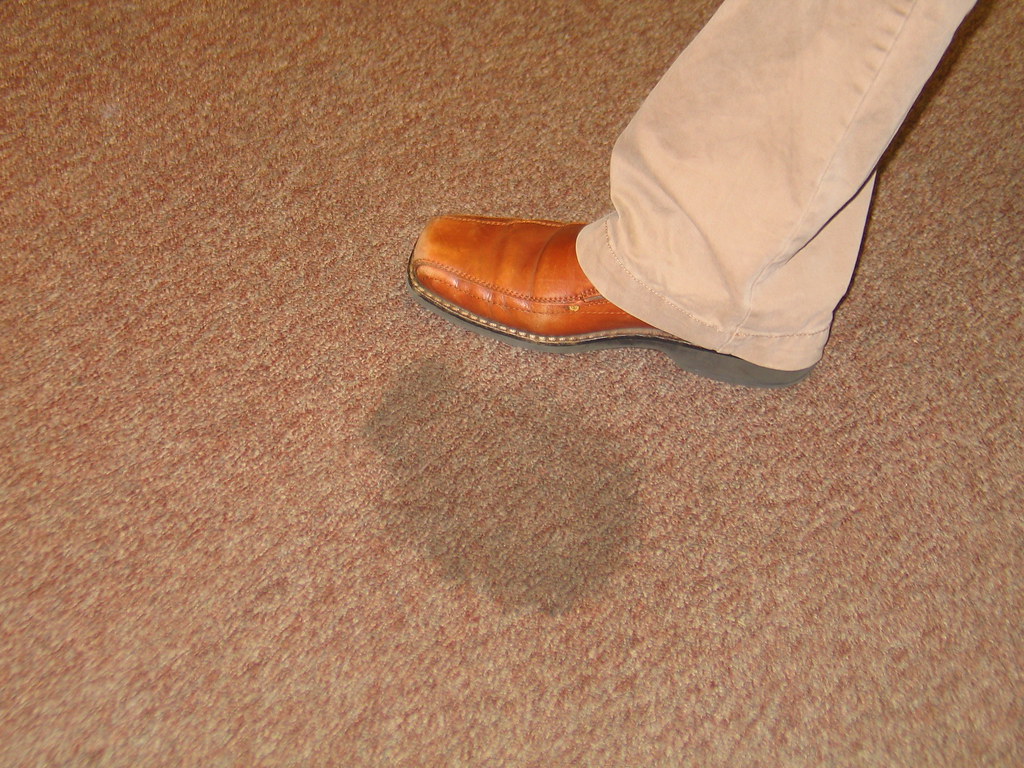With the introduction of our fruit and vegetable wash, we have received several questions about washing fruit and vegetables.
“It’s like lots of people have been waiting to ask these questions,” says Hanna Jonasse, marketing director for ProNatural Brands. “We’re happy to provide some answers.”
Hannah also suggested that we share answers on our website to some of the most frequent questions she receives. With that said, here they are:
What can happen if you don’t wash fruits and vegetables before consuming them?
It won’t be a disaster, but it’s not too healthy either. When vegetables are cooked, the process will kill most pathogens on the produce. However, if there is soil or debris on the vegetables, that may remain. The best bet to protect your health and the health of others is to always wash fruits and vegetables before consuming them.
Should you wash fruits and vegetables as soon as you bring them home?
It’s best to wash them just before eating or cooking them. The problem is that the water that remains on fruits and vegetables can invite germs and bacteria to develop if the produce is not dried thoroughly with a clean, dry cloth after washing or rinsing.
Should I call a doctor if I eat an insect that has found its way into the food item?
Not necessary. Tiny insects collect on and in fruit and vegetables more often than we realize. Remember, these are being grown outside and exposed to the elements. Generally, the acid in our digestive system can handle them fine.
What if I consume dirt that is left on fruits or vegetables?
Once again, the answer is that it will not be a disaster, but it is best to wash off dirt, soil, pebbles, and other items that can collect on produce. You may notice something gritty when chewing or a sudden change in flavor, but that’s about all.
Why are washing onions, lettuce, kale, and other items used in salads so essential?
If you’ve ever seen onions growing, they are usually part of long straw. That long straw traps insects and collects dirt. You must cut away this long straw and then wash the onion thoroughly before consuming it. As to lettuce and kale, insects like to live between the leaves, and the further down the leaf, the happier they are. That’s where the moisture collects. Remove the outer leaves on each head and then start washing what’s inside.
What about all the chemicals and pesticides used on produce? Are those harmful if consumed?
All fruits and vegetables, whether organic or traditionally grown, will have some herbicides and pesticides on them. It all varies by the farmer growing the produce. These can be harmful, so removing them from the produce is one of the key goals of cleaning and washing produce.
Sometimes I see produce in the store that look bruised or have cuts or openings. Should I not purchase these?
It’s ok to purchase them, but best to cut away the bruised areas and any cuts or openings. Then wash thoroughly.
What’s the right way to wash fruits and vegetables?
The Food and Drug Administration recommends washing produce under cold water for about 30 seconds, then drying it with a clean towel. Make sure your hands are clean. In some cases, a brush may also be needed.
Another option is selecting a product such as LEXX Fruit and Vegetable Wash, which is specifically engineered for cleaning fruits and vegetables. It’s made from citric acid and 100 percent FDA approved food additives. Citric acid has been proven safe for centuries and effective as a cleaning and washing solution, including washing fruits and vegetables.
For more questions, contact us here:
